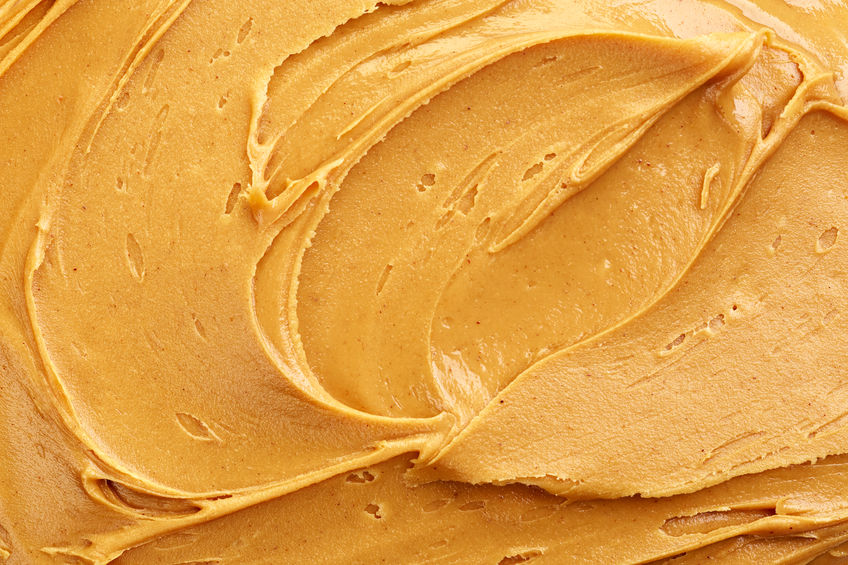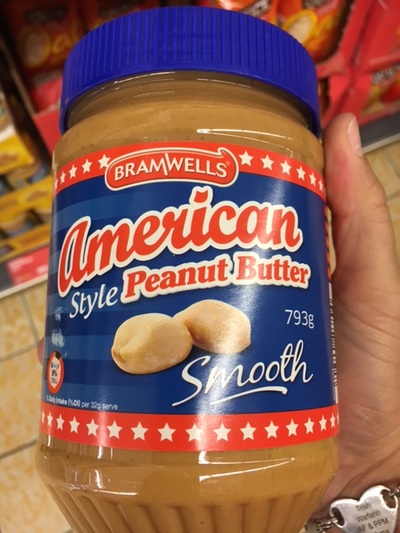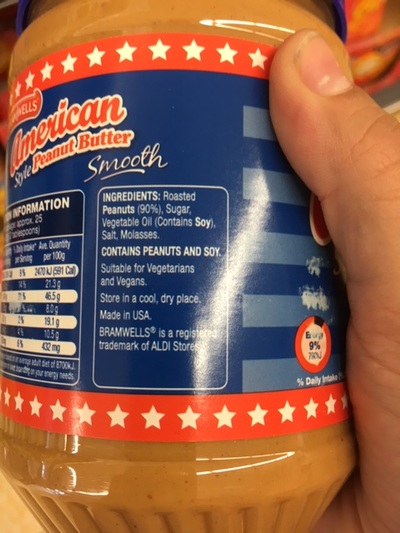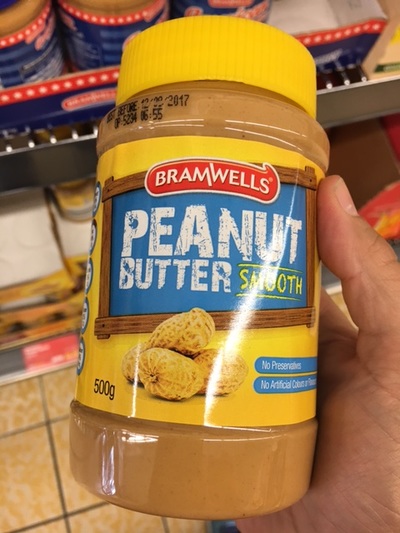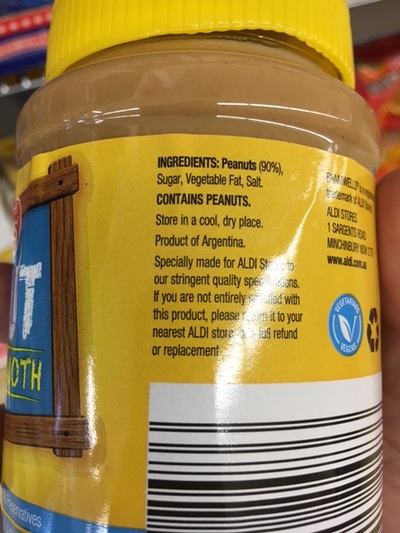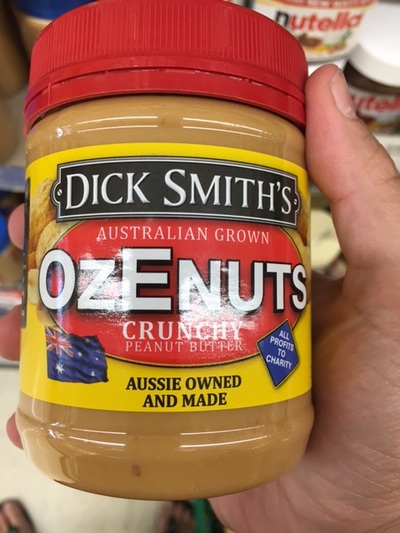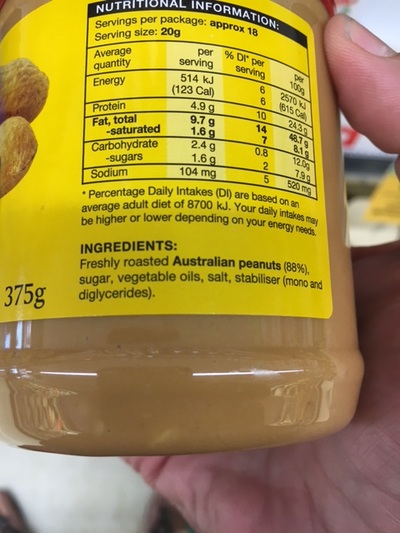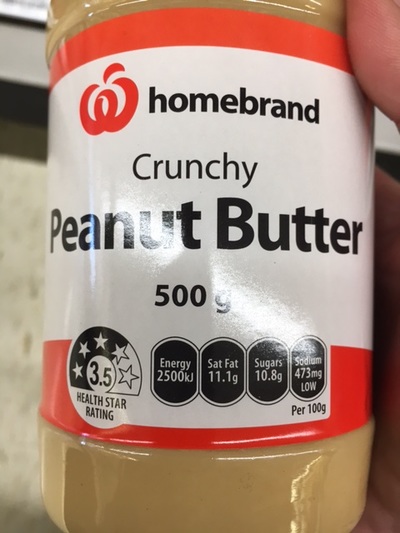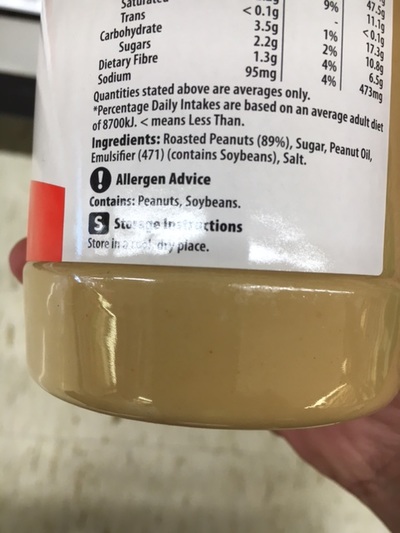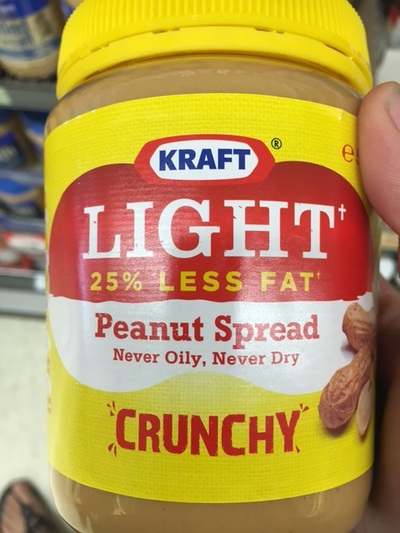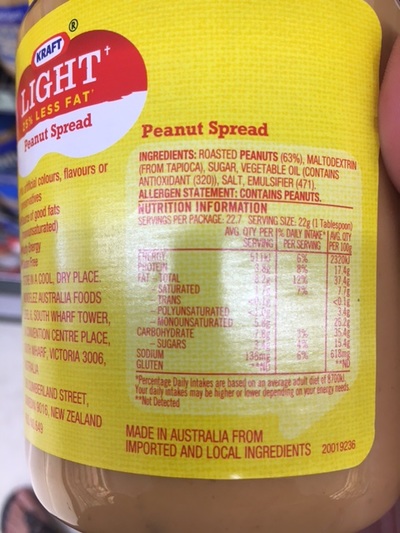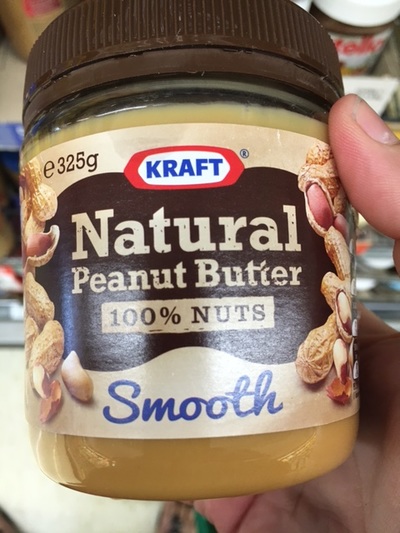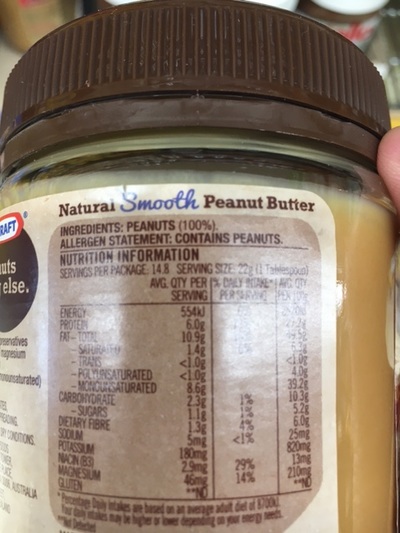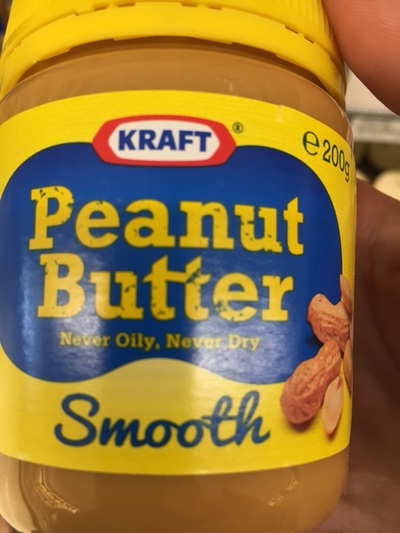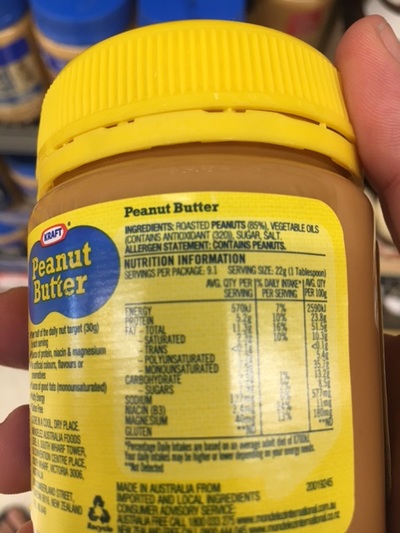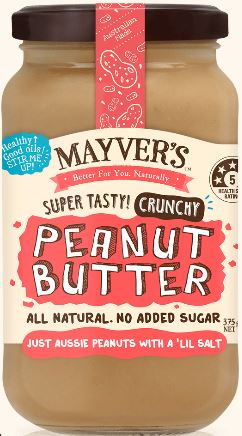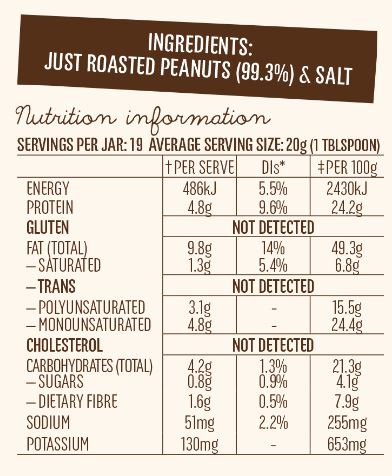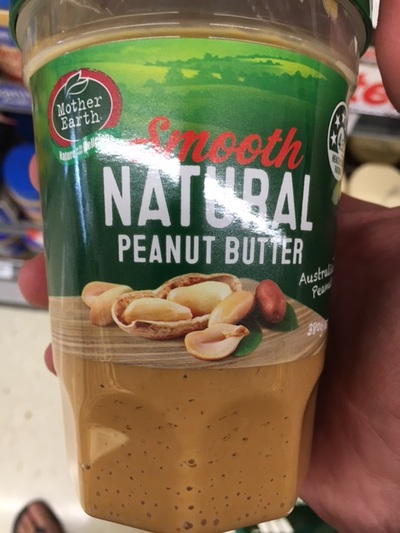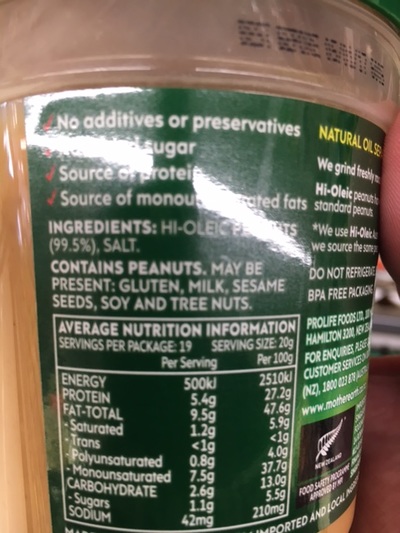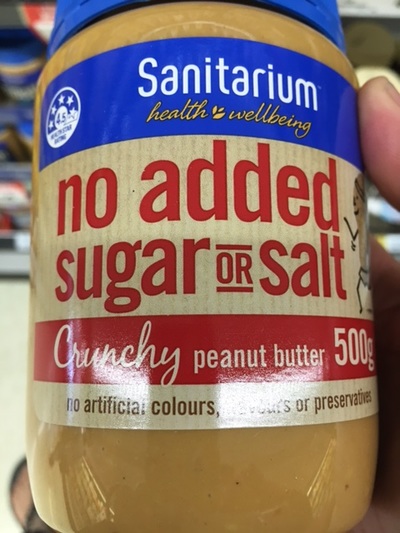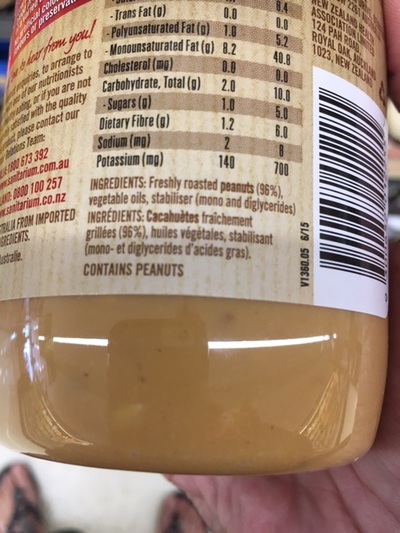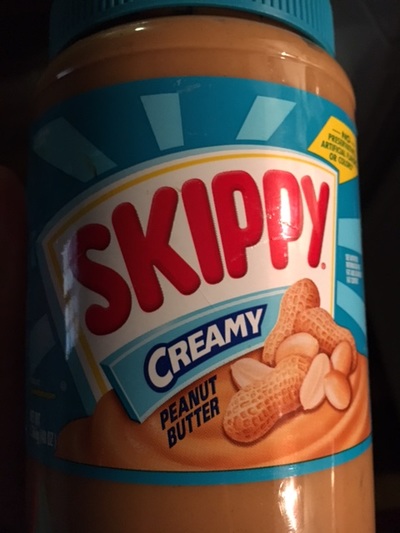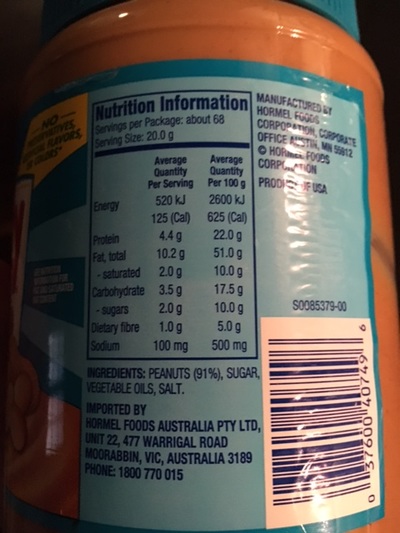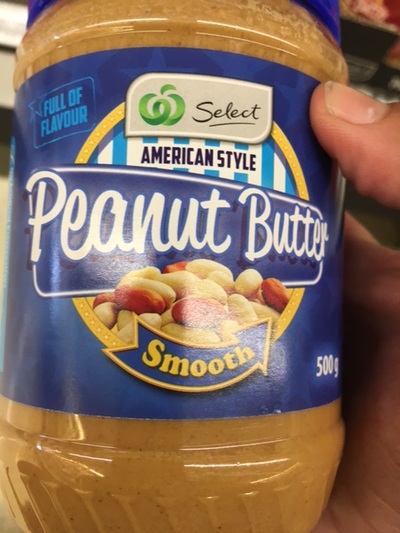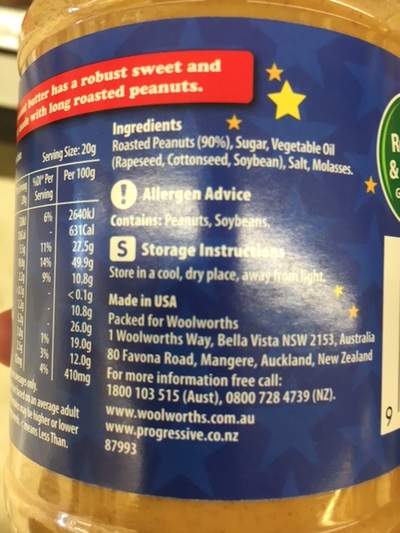Xylitol Toxicity in Dogs
Xylitol Toxicity is becoming more and more of a concern for our companion pets.
As we humans try and trick ourselves that we are eating healthy by avoiding products that contain sugar and sourcing those that contain the sweetener called Xylitol.
Xylitol is a naturally occurring sugar alcohol found in small concentrations in some plants such as the fibres of some fruits and vegetable, berries, oats and mushrooms.
The xylitol used for commercial production however is found most commonly in birch trees. The xylitol is extracted into a white powder. The power is finer than sugar, but tastes similar. In humans, xylitol is not harmful, and has actually shown benefits in the reduction of dental caries, and middle ear infections.
However, when dogs consume Xylitol – even a small amount – they can die!
Almost everyone is aware these days that chocolate is toxic to dogs, but did you know that xylitol is estimated to be 100 times more toxic than chocolate is to dogs?
What happens when your dog ingests Xylitol?
Xylitol causes hypoglycaemia (low blood sugar) in dogs, seizures, and death.
If the dog does survive, it may have irreversible liver damage.
The dose of xylitol that has been reported to cause hypoglycaemia in dogs is 100mg/kg.
A couple of pieces of xylitol containing gum, will kill a small dog. I have unfortunately seen this in a case where the small breed young dog, raided his mum’s handbag and ate less than ½ a packet of chewing gum that contained xylitol. Despite treatment, the dog did not survive.
Xylitol in dogs triggers the pancreas to release insulin. The excess insulin in the dog’s blood stream causes the body to use the blood sugars and results in hypoglycaemia (low blood sugar). It is this hypoglycaemia that then results in the clinical signs of weakness, disorientation, seizures and coma.
Signs of toxicity usually set in quickly (within 30 minutes of ingestion) and include the following.
· Vomiting
· Weakness
· Wobbliness (ataxia)
· Disorientation
· Hypoglycaemia (low blood glucose)
· Hypokalaemia (low potassium)
· Seizures
· Coma
· Liver failure
This video by Else-Vet, explains how and why xylitol has such a profound effect on our companion canines. The video does have some profanities, but is well worth watching for those of suitable maturity.
As we humans try and trick ourselves that we are eating healthy by avoiding products that contain sugar and sourcing those that contain the sweetener called Xylitol.
Xylitol is a naturally occurring sugar alcohol found in small concentrations in some plants such as the fibres of some fruits and vegetable, berries, oats and mushrooms.
The xylitol used for commercial production however is found most commonly in birch trees. The xylitol is extracted into a white powder. The power is finer than sugar, but tastes similar. In humans, xylitol is not harmful, and has actually shown benefits in the reduction of dental caries, and middle ear infections.
However, when dogs consume Xylitol – even a small amount – they can die!
Almost everyone is aware these days that chocolate is toxic to dogs, but did you know that xylitol is estimated to be 100 times more toxic than chocolate is to dogs?
What happens when your dog ingests Xylitol?
Xylitol causes hypoglycaemia (low blood sugar) in dogs, seizures, and death.
If the dog does survive, it may have irreversible liver damage.
The dose of xylitol that has been reported to cause hypoglycaemia in dogs is 100mg/kg.
A couple of pieces of xylitol containing gum, will kill a small dog. I have unfortunately seen this in a case where the small breed young dog, raided his mum’s handbag and ate less than ½ a packet of chewing gum that contained xylitol. Despite treatment, the dog did not survive.
Xylitol in dogs triggers the pancreas to release insulin. The excess insulin in the dog’s blood stream causes the body to use the blood sugars and results in hypoglycaemia (low blood sugar). It is this hypoglycaemia that then results in the clinical signs of weakness, disorientation, seizures and coma.
Signs of toxicity usually set in quickly (within 30 minutes of ingestion) and include the following.
· Vomiting
· Weakness
· Wobbliness (ataxia)
· Disorientation
· Hypoglycaemia (low blood glucose)
· Hypokalaemia (low potassium)
· Seizures
· Coma
· Liver failure
This video by Else-Vet, explains how and why xylitol has such a profound effect on our companion canines. The video does have some profanities, but is well worth watching for those of suitable maturity.
What to do if you think your dog has eaten Xylitol
- Immediately contact your local veterinarian. If it is afterhours, do not delay, head straight to an emergency vet.
- Depending on when the dog ate the product, your vet may induce vomiting.
- If the product is not in the vomit, or it the dog is already showing clinical signs, your veterinarian will need to admit your dog to hospital for supportive care and regular monitoring of physical and biochemical parameters.
What products can you find Xylitol in?
Sugar free gums, and lollies, toothpastes, mouth rinse and washes, spreads including some peanut butters (more on that later), some medications (especially liquid), sugar alternatives, vitamins and supplements, biscuits, desserts, ice cream and yogurts, sauces, drink powders etc.
Basically – you need to read the labels of everything.
Recently, xylitol has been added to some peanut or nut butters. The concern here, is that many pet owners use peanut butter as a reward in kongs, or baked peanut butter biscuits etc for their pets, and may inadvertently poison them.
The good news is, that in Australia, I have only found a couple of brands that contain Xylitol at this stage – these are those advertised as high protein nut butters and are usually sold in health food shops or online.
The 2 brands I have found in Australia that contain Xylitol are:
- Nuts N More Peanut butter
- P28 Peanut butter
The brands below are the ones that I have checked and are clear of xylitol (I will still recheck each label as I buy a new jar):
- Mother Earth
- Dick Smith OzEnuts
- Kraft Natural
- Kraft Smooth and Crunchy
- Kraft Light
- Sanitarium
- Woolworths Select
- Homebrand
- Bramwell American Peanut butter
- Bramwell Peanut butter
- Mayver's Peanut butter
- Skippy Peanut butter
References
http://vetmedicine.about.com/od/toxicology/qt/xylitol_tox.htmhttp://vetmedicine.about.com/od/toxicology/qt/xylitol_tox.htm [Accessed 1 Sep. 2016].
Cvm.ncsu.edu. (2016). Xylitol Toxicity in Dogs: The Peanut Butter Danger | NC State Veterinary Medicine. [online] Available at: https://cvm.ncsu.edu/xylitol/ [Accessed 3 Sep. 2016].
VCA Animal Hospitals. (2016). Xylitol Toxicity in Dogs. [online] Available at: http://www.vcahospitals.com/main/pet-health-information/article/animal-health/xylitol-toxicity-in-dogs/4340 [Accessed 3 Sep. 2016].
Vet, P. (2016). Xylitol Products | Preventive Vet. [online] Preventivevet.com. Available at: http://www.preventivevet.com/xylitol-products-toxic-for-dogs [Accessed 3 Sep. 2016].
Wikipedia. (2016). Xylitol. [online] Available at: https://en.wikipedia.org/wiki/Xylitol [Accessed 3 Sep. 2016].
http://vetmedicine.about.com/od/toxicology/qt/xylitol_tox.htmhttp://vetmedicine.about.com/od/toxicology/qt/xylitol_tox.htm [Accessed 1 Sep. 2016].
Cvm.ncsu.edu. (2016). Xylitol Toxicity in Dogs: The Peanut Butter Danger | NC State Veterinary Medicine. [online] Available at: https://cvm.ncsu.edu/xylitol/ [Accessed 3 Sep. 2016].
VCA Animal Hospitals. (2016). Xylitol Toxicity in Dogs. [online] Available at: http://www.vcahospitals.com/main/pet-health-information/article/animal-health/xylitol-toxicity-in-dogs/4340 [Accessed 3 Sep. 2016].
Vet, P. (2016). Xylitol Products | Preventive Vet. [online] Preventivevet.com. Available at: http://www.preventivevet.com/xylitol-products-toxic-for-dogs [Accessed 3 Sep. 2016].
Wikipedia. (2016). Xylitol. [online] Available at: https://en.wikipedia.org/wiki/Xylitol [Accessed 3 Sep. 2016].

